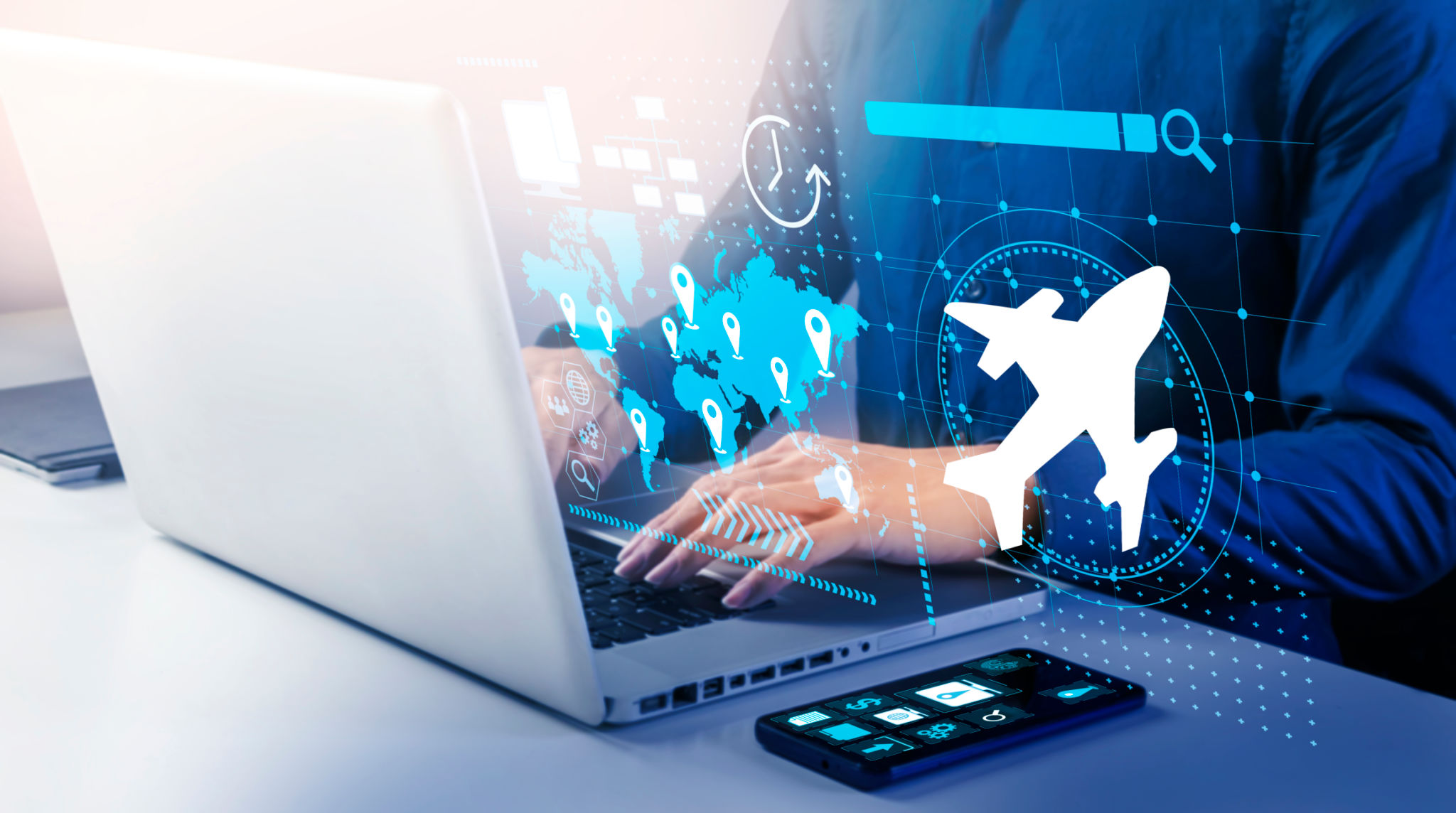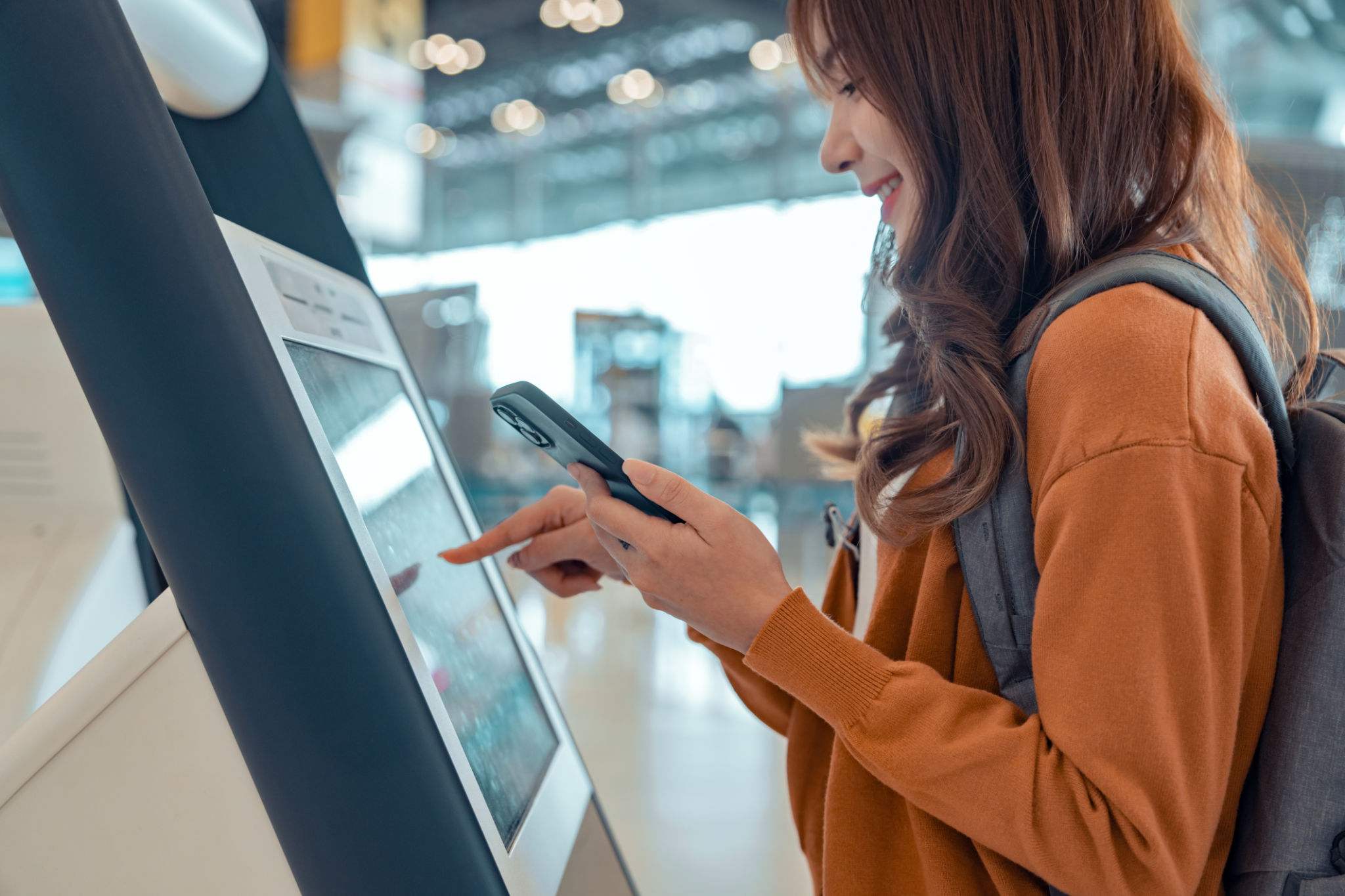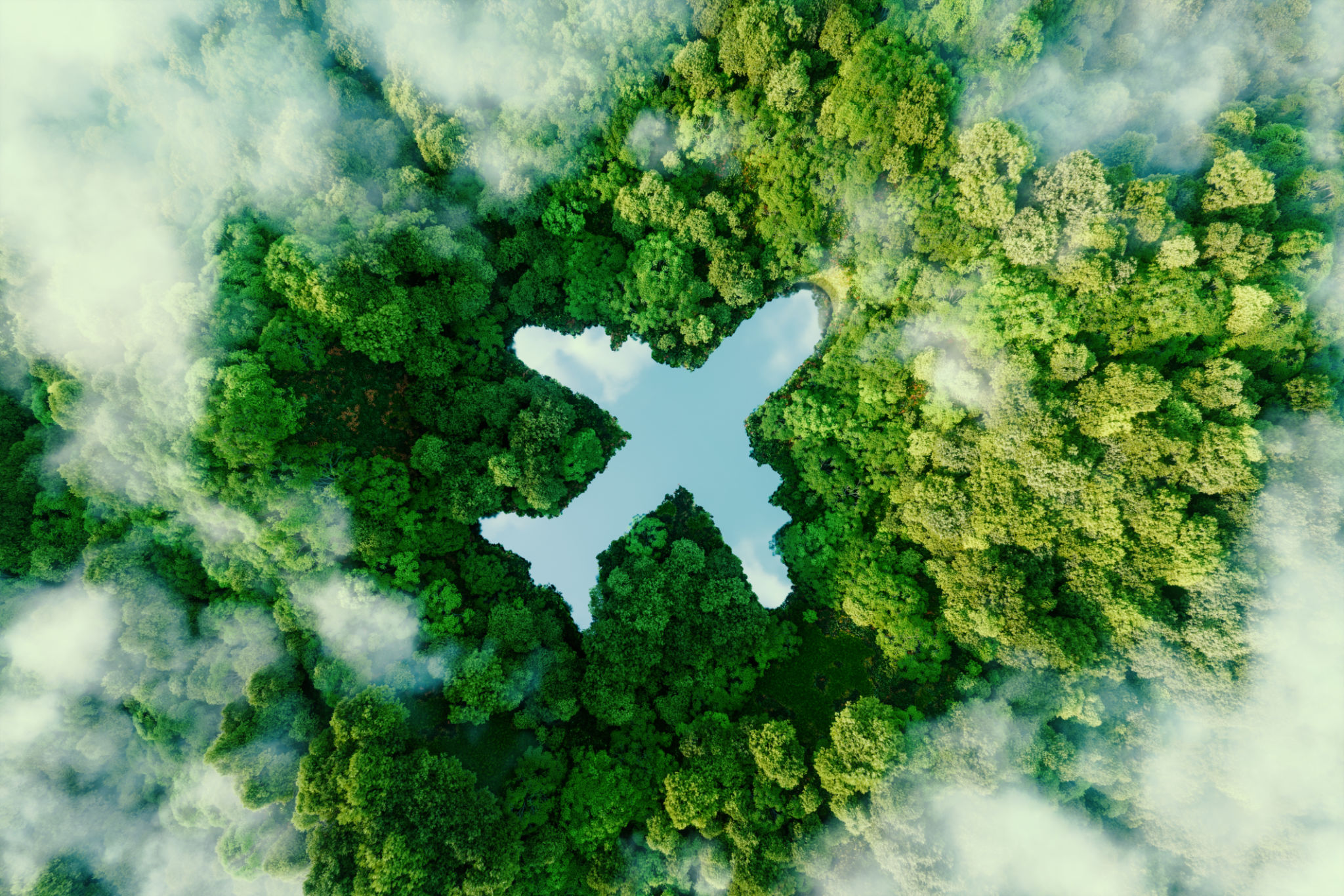The Future of Travel: How AI is Shaping Your Journey
Introduction to AI in Travel
The travel industry is undergoing a fascinating transformation, largely driven by advances in Artificial Intelligence (AI). From personalized recommendations to enhanced customer service, AI is reshaping the way we explore the world. As these technologies continue to evolve, travelers can expect more efficient, personalized, and enjoyable journeys.

Personalized Travel Experiences
One of the most exciting developments in AI is its ability to create highly personalized travel experiences. By analyzing data from past trips and preferences, AI can suggest destinations, accommodations, and activities tailored to individual needs. This level of personalization ensures that travelers have unique experiences that resonate with their interests and desires.
Travel companies are leveraging machine learning algorithms to recommend itineraries that maximize enjoyment and minimize stress. Whether you're a foodie looking for the best local cuisine or an adventure seeker craving thrilling activities, AI can curate options that suit your style.
Streamlined Booking Processes
The days of spending hours searching for the best flight or hotel deal are dwindling. AI-powered platforms can now instantly compare thousands of options, providing users with the best deals based on their preferences and budget. This not only saves time but also ensures travelers receive the best value for their money.

Moreover, AI chatbots are becoming increasingly common in customer service, offering 24/7 assistance. These virtual assistants can handle a range of inquiries, from booking modifications to travel recommendations, providing instant support without the need for human intervention.
Enhanced Customer Service
AI is also revolutionizing customer service in the travel industry. With natural language processing capabilities, AI systems can understand and respond to customer queries with remarkable accuracy. This leads to faster resolution times and improved customer satisfaction.
In addition to chatbots, AI is being used to predict and address potential issues before they arise. For example, airlines can use AI to forecast flight delays and notify passengers in advance, helping them make alternative arrangements with minimal disruption.

Improved Safety Measures
Safety is a paramount concern for travelers, and AI is playing a crucial role in enhancing security measures. Facial recognition technology at airports speeds up the check-in process while maintaining high security standards. Additionally, AI is used to monitor unusual patterns and detect potential security threats in real-time.
These advancements not only make travel safer but also more seamless, as travelers can move through checkpoints more swiftly without compromising on security.
Environmental Impact and Sustainability
AI is also contributing to more sustainable travel practices. By optimizing flight paths and reducing fuel consumption, AI helps airlines lower their carbon footprints. Additionally, AI-driven tools enable hotels to manage energy usage more efficiently, promoting eco-friendly operations.
Travelers are increasingly seeking sustainable options, and AI is providing the tools necessary to meet this demand while reducing the overall environmental impact of travel.

The Future of Travel
As AI technology continues to advance, the future of travel looks incredibly promising. We can expect even more sophisticated personalization, improved operational efficiency, and enhanced customer experiences. Moreover, as AI becomes more integrated into travel ecosystems, it will open up new possibilities for innovation and creativity in how we explore the world.
In conclusion, AI is not just a buzzword; it's a transformative force that is shaping the future of travel. By embracing these technologies, the travel industry is poised to offer experiences that are not only more convenient and enjoyable but also more aligned with the evolving needs and expectations of modern travelers.
